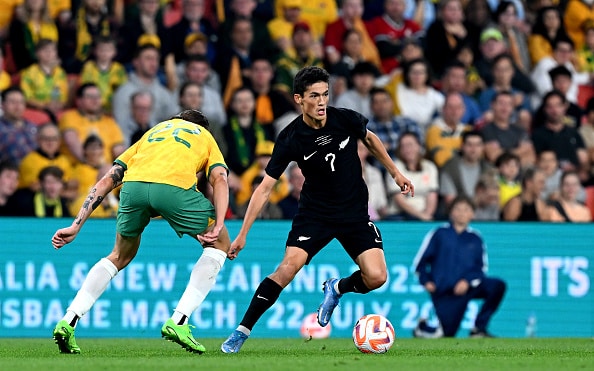In a historic agreement, FIFA has reached a deal to host the 2030 World Cup in Europe, Africa, and South America.
The proposal includes six countries: Spain, Portugal, Morocco, Argentina, Paraguay, and Uruguay. This unique tournament is set to kick off in Uruguay, celebrating the 100th birthday of the World Cup, with the opening matches taking place in Montevideo’s Centenario Stadium, the same venue that hosted the inaugural World Cup final in 1930.
FIFA stated that all six national teams involved in hosting will receive automatic entry to the 48-team tournament.
This proposal marks a significant departure from the traditional hosting model and has mixed reactions. While it is celebrated as a historical event bringing together football’s roots in South America and its global reach in Europe and Africa, it also presents logistical challenges due to the vast distances and time zones involved.
Critics, including fan groups, have raised concerns about the environmental impact and the strain on supporters due to extensive travel. Nevertheless, FIFA’s decision to fast-track the opening of the bidding process for the 2034 World Cup, limited to member federations from Asia and Oceania, has drawn interest from Saudi Arabia and Australia.
The formal approval of this unified 2030 candidacy still requires confirmation from the 211 member federations next year, but it is widely expected to receive approval. The selection of the host for the 2034 World Cup will take place at a separate congress.
This unique global tournament, scheduled for June-July 2030, will span three continents and six countries, bringing together football fans from around the world to celebrate the beautiful game and the World Cup’s centenary.














Nz should have won rugby world cup 2023